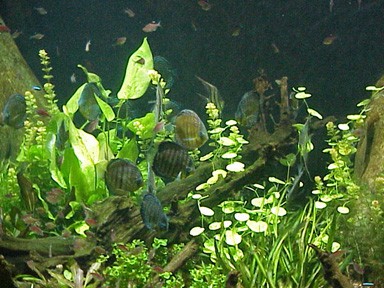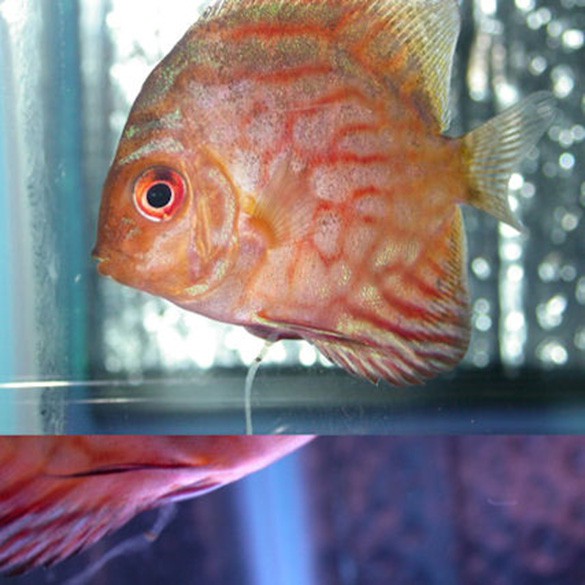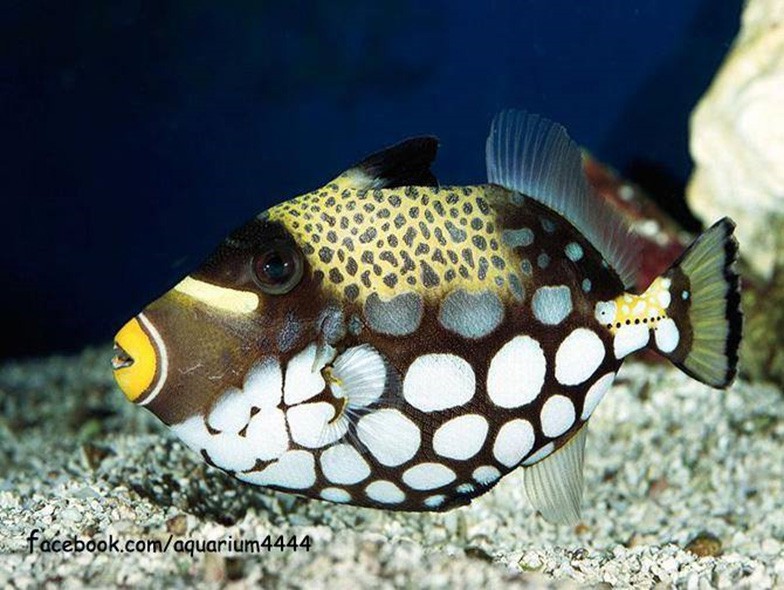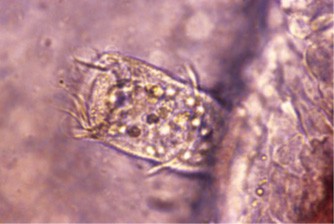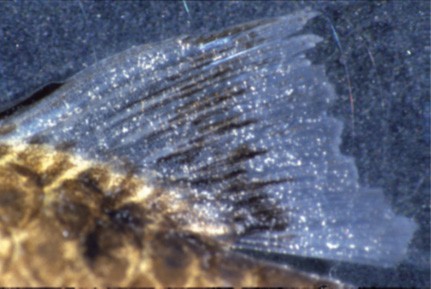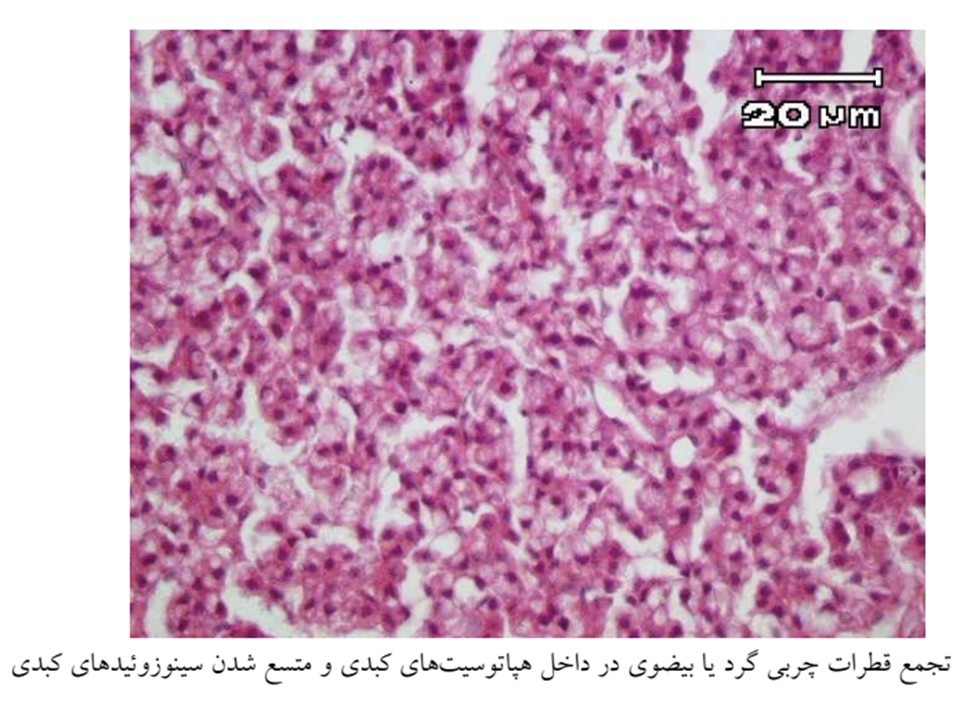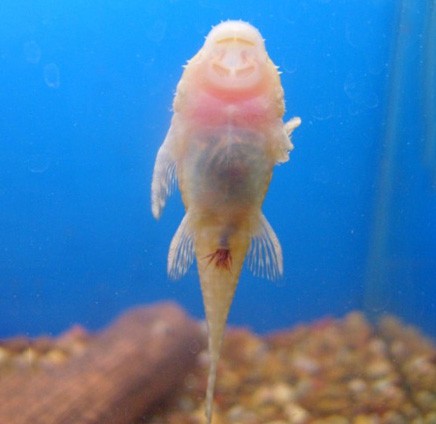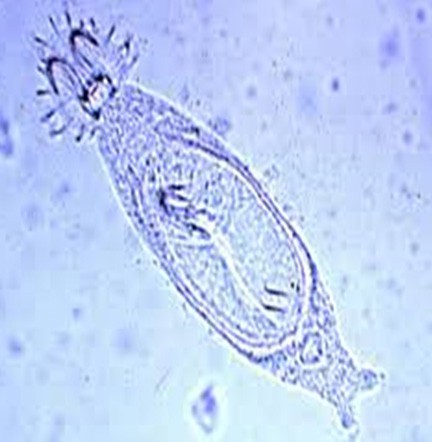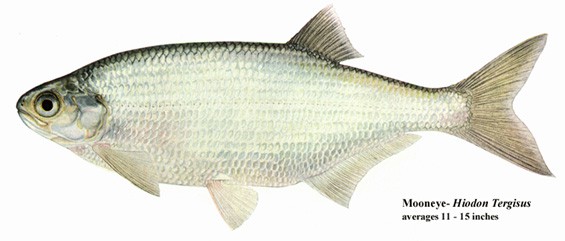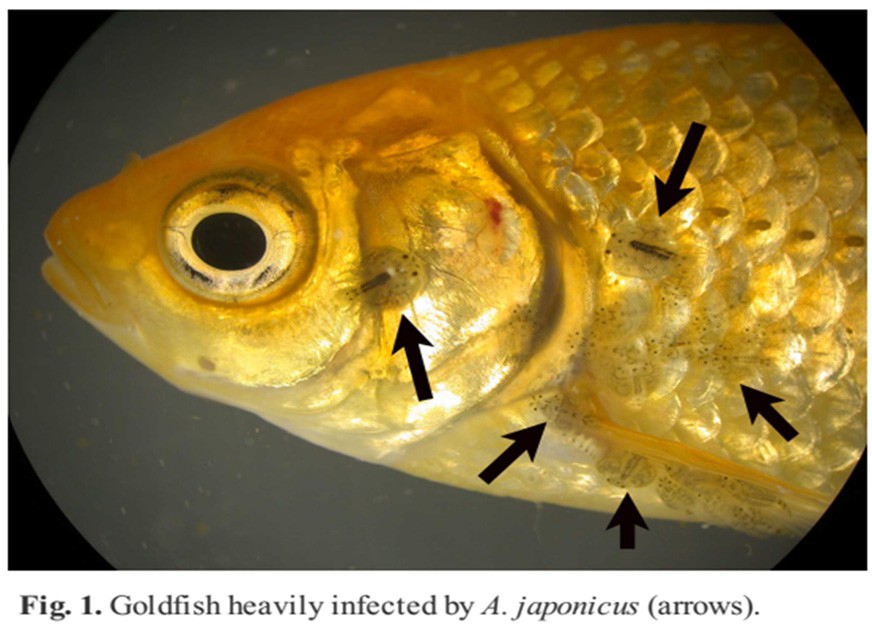Bacterial diseases
جهت مشاهده متن کامل مقاله اینجا کلیک کنید
Cell morphologies
1.Spherical (coccus)
2.Rod (bacillus)
3.Spiral (spirillum)
Disease producing types of bacteria
1.Obligate
- R. sal
- Mycobacterium
2.Non-obligate or facultative
Infections
1.Bacteremia (w/o clinical infection)
2.Septicemia (w/ clinical infection)
- Inflammation, hemorrhage, and necrosis
3.Toxins
- Kill host cells
- Make blood vessels more porous
Warmwater Bacterial diseases
Columnaris (Flavobacterium columnare)
Infects many species
- Ictalurids – severely affected
- Ornamental species
- Salmonids (migrating adults/smolts)
Clinical signs
- Generally begins as external infection
(fins, skin, gills)
- Skin lesions –
- Gill lesions – white to brown necrotic
areas
Columnaris (Flavobacterium columnare)
Internal (systemic)
- Little or no pathological changes in organs
Diagnosis:
- Typical lesions (body, fin, gills)
- Long thin (gm -) rods in wet mounts
- “hay stacking” –
- Isolate on low nutrient agar
Enteric septicemia of catfish (Edwardsiella ictaluri)
“Hole in the head disease”
Number 1 catfish disease
- Channel catfish – most susceptible
- Temp. dependent 20-28C
Clinical signs
- Acute, subacute, and chronic disease
- Lethargic –
- Spiral swimming patterns, pale gills,
exophthalmia, enlarged abdomens
Enteric septicemia of catfish (Edwardsiella ictaluri)
Clinical signs
- Depigmented lesions – 1-3mm on flanks and
backs
- chronic - form open ulcers along skull “hole
in head”
- Hemorrhage at base of fins, skin under jaw,
and belly (paint brush hemorrhage)
Enteric septicemia of catfish (Edwardsiella ictaluri)
Diagnosis
- Growth on culture plates (BHI or TSA) also
selective media
- FAT/ELISA
Characteristics
- Short gm neg. rod (.8 x 1-3um)
- Many biochemical tests to confirm
Edwardsiella tarda
Edwarsiellosis
May affect adult fish and many other species
- catfish, eels, (20 f/w species) – mostly warmwater
- 2 occasions (implicated in salmonid infections)
1.Adult Chinook (Rouge river, OR)
2.Adult Atlantic salmon -Nova Scotia, CA
- Zoonotic – transmittable to humans
- Sources – birds, snakes, etc.
Motile Aeromonas septicemia: (A. hydrophila, sobria,
caviae)
MAS: 1927 – worldwide distribution
- warm, cool, coldwater species
- Mainly external –
- May not be primary problem – contamination from
mucus
- May promote secondary infection by other
bacteria, or protozoan parasites
Mycobacteriosis (Mycobacteria sp.)
Every fish species is susceptible – striped bass,
tilapia, whitefish, etc
- Zoonotic
- Common in aquarium fish - chronic
Granuloma formation
Control:
Depopulate and disinfect
Streptoccocal infections: Streptococcus iniae (recent
problem)
Tilapia
- one of the most serious pathogens
(promoted by intensive rearing in closed systems)
- mortality may be up to 75%
1995-1996:
reports of human infections
- Wounds from cleaning farm-reared fish
- Major concern in commercial industry

